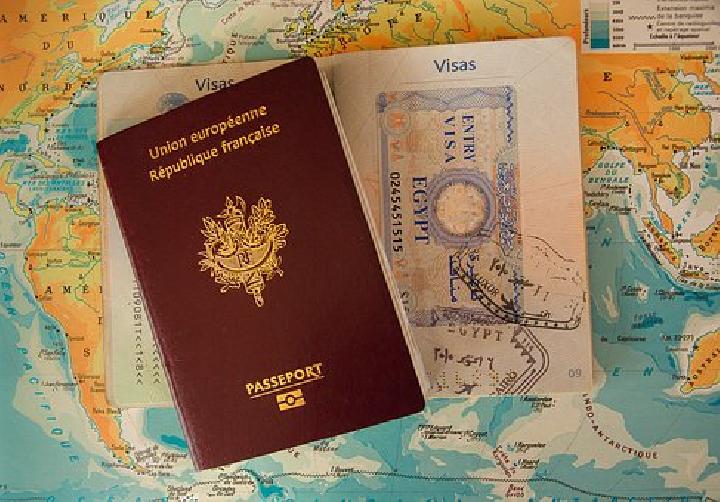Schengen Visa Price Hike to Make Europe Travel Pricier; Here's What You Need to Know
Translator
Editor
9 February 2024 10:14 WIB

TEMPO.CO, Jakarta - Traveling to Europe may cost more this year as the European Commission proposed a hike in the basic visa fees for a Schengen visa. If approved, the cost will increase by 12 percent from €80 or Rp1.35 million to €90 or Rp1.5 million for adults and from €40 or Rp675,000 to €45 or Rp800,000 for children.
The fee will be higher for countries that fail to cooperate in citizen readmission, from €120 or Rp2 million to €135 or Rp2.3 million for children and from €160 or Rp2.7 million to € 180 or Rp3 million for adults.
External visa providers will also be allowed to increase their maximum fee from €40 to €45, which is half the standard fee. Meanwhile, the visa extension fee will remain at €30 or about Rp500,000.
Schengen Area
Schengen countries include 27 European Union member states that operate under a unified visa policy. They are Belgium, the Netherlands, Luxembourg, Germany, France, Spain, Portugal, Italy, Austria, Greece, Denmark, Sweden, Finland, Estonia, Latvia, Lithuania, Poland, the Czech Republic, Slovakia, Slovenia, Hungary, Malta, Iceland, Norway, Switzerland, Liechtenstein, and Croatia. Bulgaria and Romania are expected to join in March 2024.
Citizens of these member nations can enjoy visa-free travel within the Schengen area for up to 90 days. Citizens of non-EU member nations, such as South Africa, Pakistan, India, China, Indonesia, and Sri Lanka, are required to obtain a Schengen visa. Meanwhile, citizens of the United Kingdom, United States, Canada, and Australia are exempt from the visa requirement.
Reasons for the Schengen Visa Price Hike
The proposal was made on Feb. 2, and most member states support the plan. The initiative, however, is open for feedback until March 1. After that, the EU can implement the changes, which will take effect 20 days after being published in the EU's official journal.
The Commission stressed that the proposal is attributed to the EU's increasing inflation rate and the need to reflect economic realities. Every three years, the commission reviews the visa cost.
Digital Schengen Visa
The EU has also announced plans to introduce a digital-only Schengen visa in 2028, which has been discussed since 2022. Travelers will be able to apply online, regardless of which country they plan to visit. The digital version will replace the current system of stickers in passports.
MILA NOVITA | EURONEWS | TIMES OF INDIA
Editor's Choice:
Click here to get the latest news updates from Tempo on Google News























